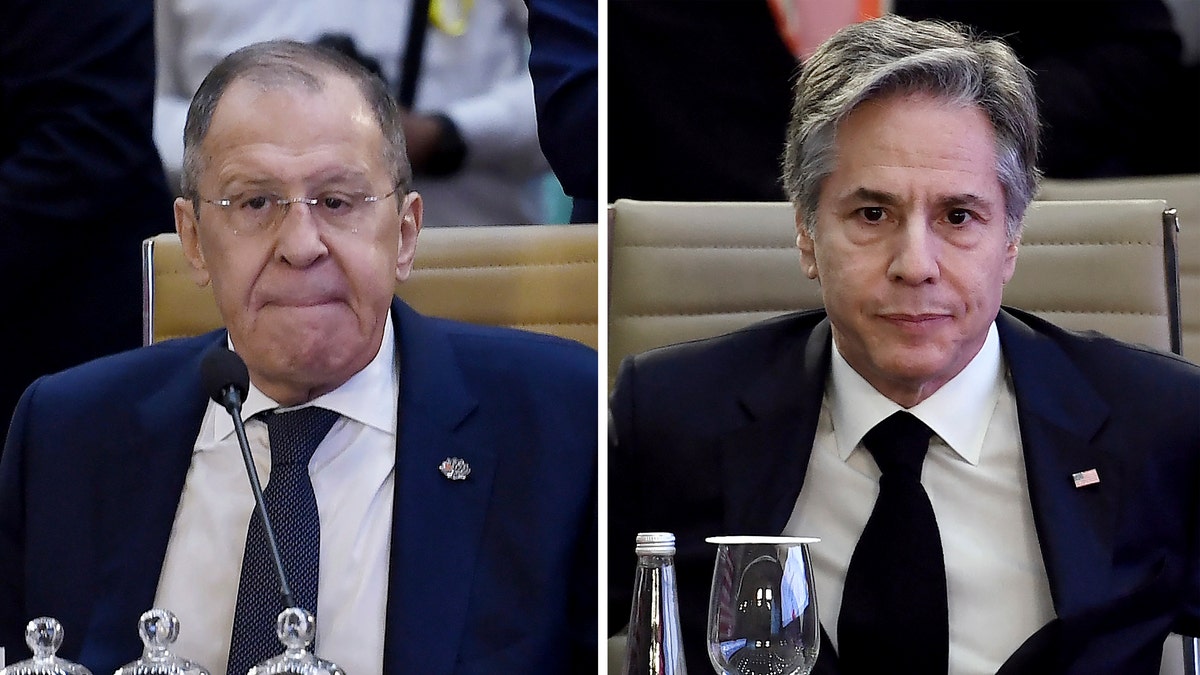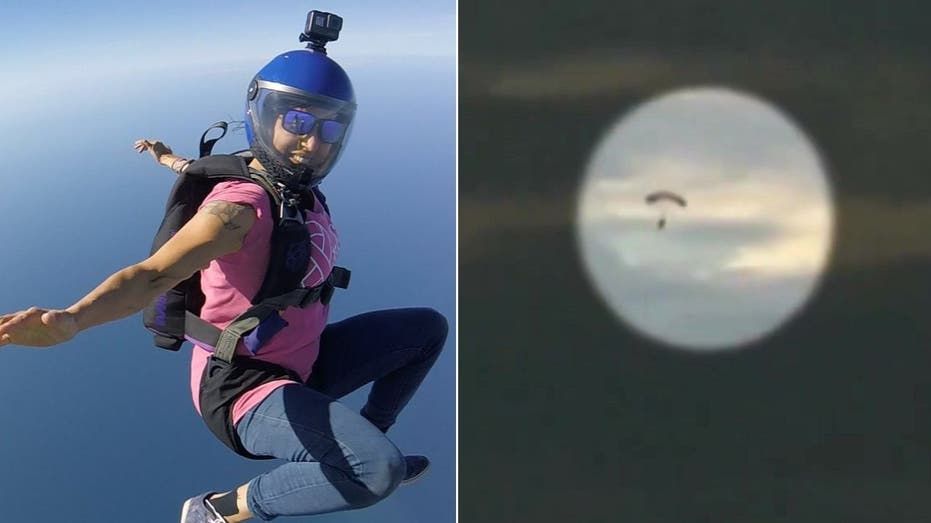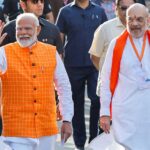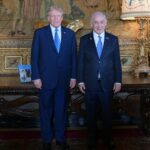Diplomatic barbs were once again exchanged between the U.S. and Russia Friday, one day after Secretary of State Antony Blinken and Russian Foreign Minister Sergei Lavrov came face to face at the G-20 summit in India.
The run-in was the first time the chief diplomats had engaged in person since Russian President Vladimir Putin launched his invasion more than a year ago, and the brief encounter appeared to do nothing to warm icy relations.
During a security conference in New Delhi with top Indo-Pacific allies India, Australia and Japan – a partnership dubbed the Quad – Blinken warned that standing up to Russia was more important than ever if international allies want to maintain peace in other regions of the world.
G-20 RUN-IN: BLINKEN SEES RUSSIA’S LAVROV IN INDIA FOR FIRST TIME SINCE PUTIN’S INVASION OF UKRAINE
“The principles that underlie the entire international system that are necessary for trying to keep peace, the stability that grew out of two world wars are being challenged, being aggressed along with Ukraine,” he said Friday. “If we allow with impunity Russia to do what it’s doing in Ukraine, then that’s a message to would-be aggressors everywhere that they may be able to get away with it too.”
Lavrov in turn accused the U.S. of employing “double standards” by contesting Russia’s actions in Ukraine and pointed to previous international operations the U.S. has carried out in places like Iraq, Libya and Yugoslavia when it cited a “threat to its national interest” to justify military interventions.
ITALY PRIME MINISTER URGES INDIA TO PLAY CENTRAL ROLE IN ENDING RUSSIA, UKRAINE WAR
India’s foreign minister expressed frustration Thursday after the G-20 summit became derailed by divisions over Russia’s war in Ukraine instead of focusing on issues that affect the global south like climate change, food security and inflation.
However, Blinken argued Friday that shoring up alliances with “like-minded” nations was the only way to address the most pressing issues facing people today as well as to shore up defensive postures.
“I think not only are we not distracted; on the contrary, we’re more deeply engaged than ever, and the Quad is one of the most critical vehicles for that engagement,” he told reporters alongside Quad allies.
Japan’s prime minister also issued a thinly veiled warning to China when he said, “We’ve agreed that unilateral changes to the status quo with force like [Russia’s war] should not be allowed in the Indo-Pacific region.”
“We’ve also agreed this development makes it even more important to work toward realizing a free and open Indo-Pacific,” Japanese Prime Minister Fumio Kishida told reporters Friday.
Reuters contributed to this report.










